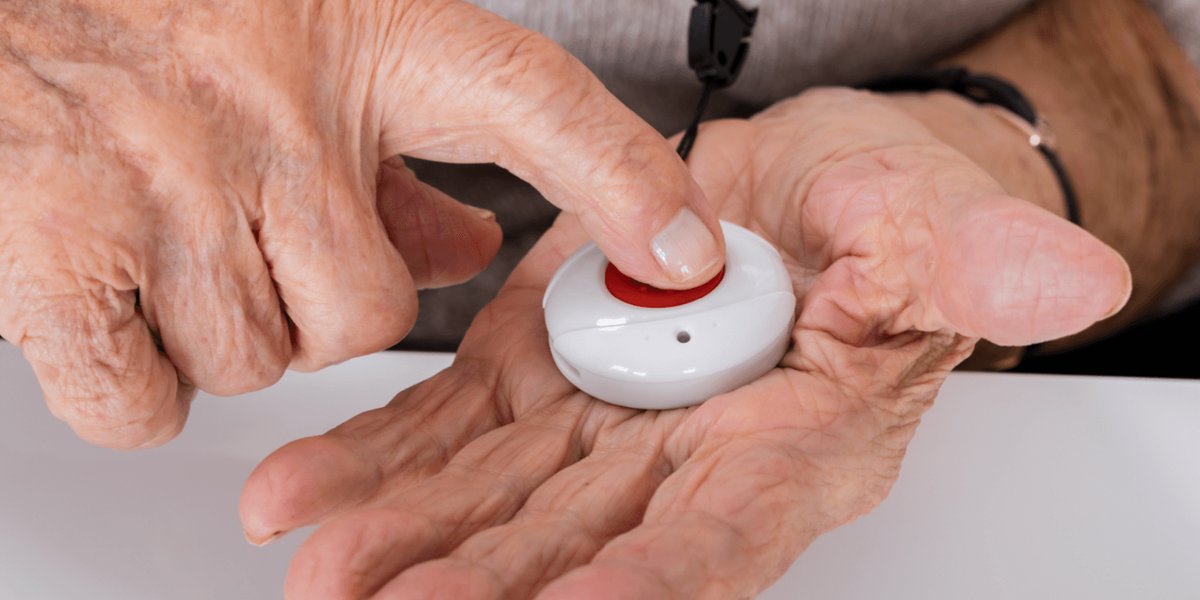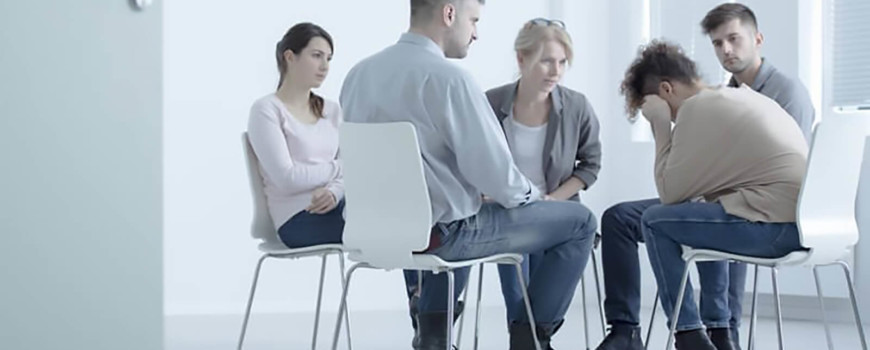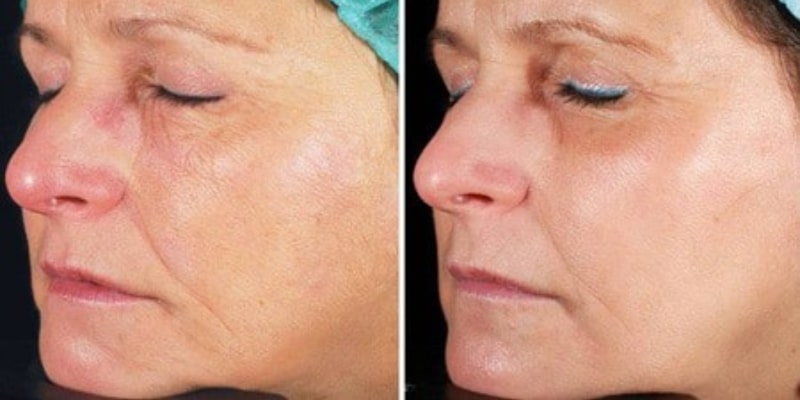Considering the well-being of an elderly relative can feel like solving a Rubik’s Cube blindfolded: Is their home safe? What about when they’re out wandering? Enter medical alert devices—the ultimate sidekick for families. These gadgets are like having a personal safety superhero, right there in your pocket (or hanging stylishly around your neck). If you’re new to the world of medical alerts, don’t stress—we’ve got your back with this guide to key features, Australian standards, and how to find the one for your loved one.
Why Medical Alert Devices are Total Game-Changers
Medical alert devices are like having a cape-wearing hero on speed dial. Got a fall, a fainting spell, or a chronic condition throwing a tantrum? Boom—one button connects you to emergency help faster than you can say “Not today, gravity.” These devices let seniors stay independent and active—because no one wants to spend their golden years glued to the couch just to feel safe.
With more Aussies choosing to age at home (because, let’s be honest, nothing beats your own comfy chair), medical alerts bridge the gap between freedom and security. Plus, they kick loneliness and fear to the curb, giving seniors the confidence to live boldly, knowing help is only a press away.
Must-Have Features for Aussie Seniors
Not all medical alert devices are created equal—some are the Avengers of safety, while others are more like knock-off action figures. We know now the benefits of using a care alert pendant at home. But here’s how to spot the real deal:
GPS Tracking: Nobody wants to play hide-and-seek during an emergency. GPS tracking helps rescuers find your loved one, whether they’re pruning roses or strolling the park. Bonus points for devices that send real-time location updates for ultimate peace of mind.
Fall Detection: Life happens, and sometimes gravity is just rude. Fall detection sensors automatically call for help if someone takes a tumble—even if they can’t hit the button themselves. It’s the backup plan you didn’t know you needed.
Wearability: Bulky? Uncomfortable? Hard pass. Look for lightweight, waterproof options like wristbands, pendants, or belt clips. Extra points for designs that don’t scream, “Hey, I’m a medical device!” Let them stay safe and stylish.
Battery Life: A dead battery is about as useful as a chocolate teapot. Choose devices with batteries that last for days or weeks and have easy charging options, like magnetic docks or cradles. Trust us, no one wants to be fumbling with tiny cords in a hurry.
Customer Support: When a crisis strikes, being stuck in a call queue is a hard no. Look for providers with 24/7 monitoring and local support teams who can respond like a chatty, helpful superhero.
Why Australian Standards Matter
When shopping for a medical alert device, don’t forget to check it’s approved (because what works in New York might flop in Sydney). Look for compliance with the Australian Communications and Media Authority (ACMA) to ensure it plays nicely with local networks. Bonus points here if it has endorsements from healthcare pros or consumer groups—it’s like a gold star for reliability.
And data privacy? That’s non-negotiable. Trustworthy providers follow the Australian Privacy Principles (APPs), keeping personal info locked down tighter than a secret recipe. No one wants their data floating around like a rogue beach ball.
How to Pick “The One”
Finding the perfect medical alert device isn’t about falling for flashy features or slick sales pitches—it’s about what works for your loved one. Do they spend more time gardening or Netflix-ing? Does the device feel comfy? Does the provider have your back with free trials or return policies? (Pro tip: Test it out before committing. You wouldn’t buy a car without a test drive, right?)
A good medical alert device isn’t just a gadget—it’s peace of mind in wearable form. Research, read reviews, and involve your loved one in the choice. The right device can protect their independence, keep them safe, and help you and your family breathe a little easier. After all, when it comes to your loved ones, only the best will do.





